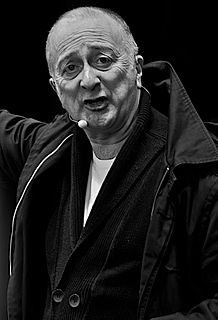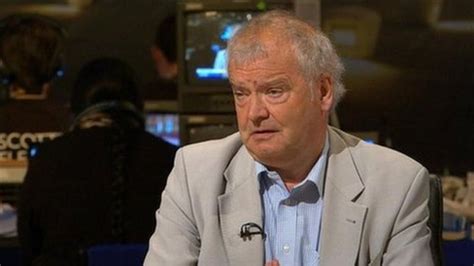A Quote by John Lahr
We were postwar middle-class white kids living in the slipstream of the greatest per-capita rise in income in the history of Western civilization; we were 'teen-agers' - a term, coined in 1941, that was in common usage a decade later - a new, recognizable franchise. We had money, mobility, and problems all our own.
Related Quotes
The vast majority of those of Scots lineage living in the Ulster counties in the 18th century had come across, or their people had come across, in the 1690s. And they were victims of famine. Over that decade, 30000-50000 people were fleeing from that disaster. In terms of per capita loss, it was of the same order of magnitude as the Irish famine (of the 19th century).
If you were a successful upper-middle-class Negro girl in the 1950s and '60s, you were, in practice and imagination, a white Protestant upper middle-class girl. Young, good-looking white women were the most desirable creatures in the world. It was hard not to want to imitate them; it was highly toxic, too, as we would learn.
If you're going to compare a middle-income black kid with a middle- income white kid, and, say, you control for family background, family education, and family income, and if this middle-income black kid doesn't score as well as the white kid on the test, then I say, look, you haven't taken into consideration the cumulative effect of living in a segregated neighborhood and going to a de facto segregated school. You're denying a position at Harvard or some other place to a kid that really could make it. That's why I support affirmative action that's based on both class and race.
When it was first optioned, I was told that the chances of The Basic Eight becoming a film were slim because no one was making teen movies, and then later, I was told that the chances were slim because there were so many teen movies, and then I was later told that the chances were slim because teen films were over. I'm not sure when the magic window of opportunity was, but perhaps it's still on the horizon.
It is my view that if society was doing the right thing with respect to you, [and there were] programs targeted at helping people rise into the middle class and have a good income and be able to save and send their kids to school, and you've got a vigorous enforcement of anti-discrimination laws, then I have confidence in the black community's capabilities to then move forward.
Organization for action will now and in the decade ahead center upon America's white middle class. That is where the power is. ... Our rebels have contemptuously rejected the values and the way of life of the middle class. They have stigmatized it as materialistic, decadent, bourgeois, degenerate, imperialistic, war-mongering, brutalized and corrupt. They are right; but we must begin from where we are if we are to build power for change, and the power and the people are in the middle class majority.




































